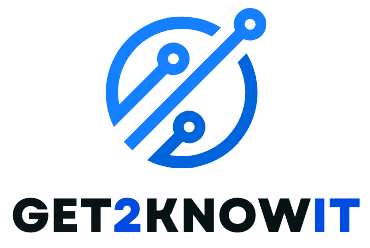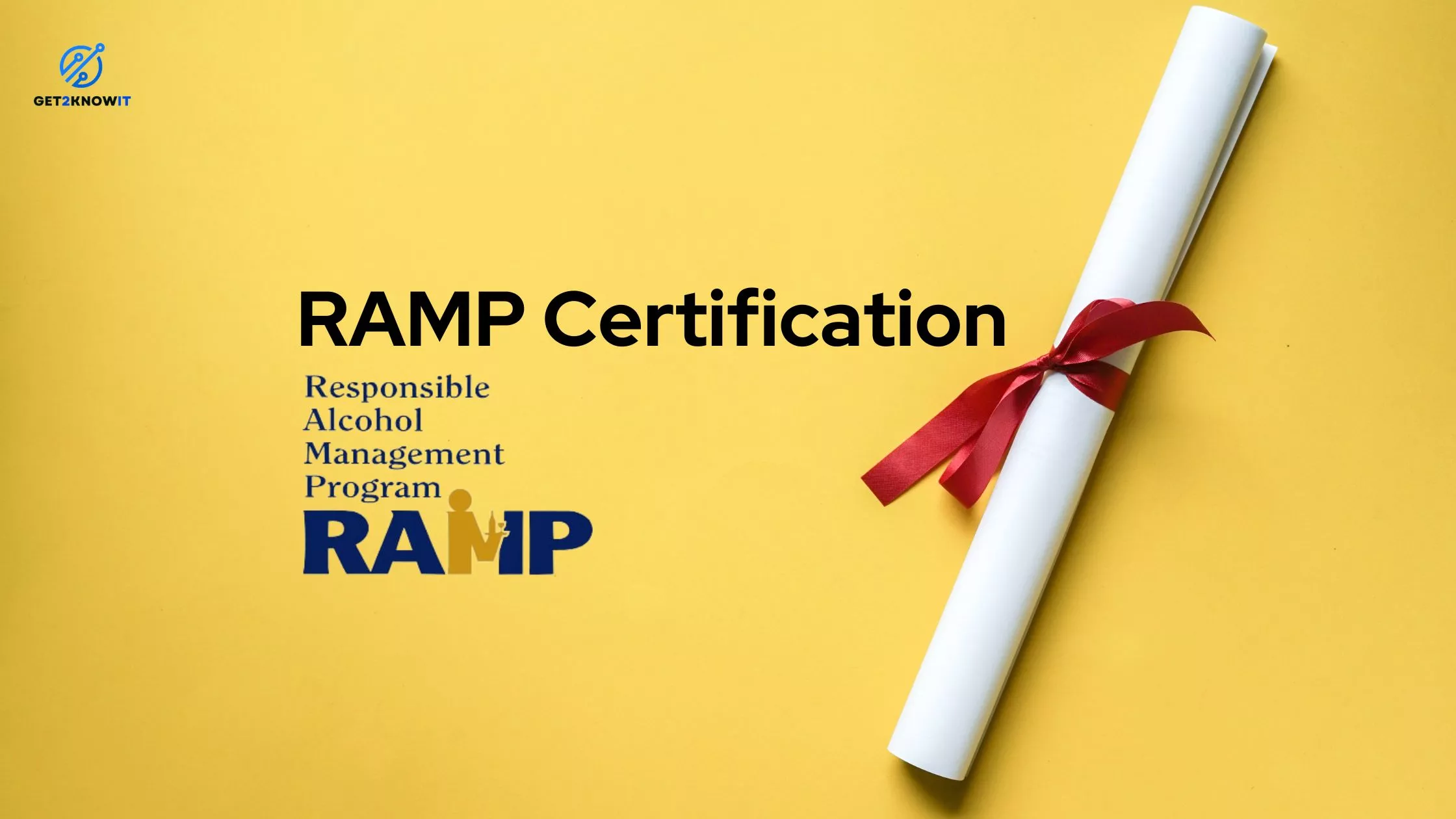CSAM (Certified Software Asset Manager) certification is a comprehensive program designed to equip individuals with the knowledge and skills required to effectively manage software assets within organizations. Key aspects covered by CSAM certification include software licensing, software inventory management, software usage monitoring, and software compliance.
This certification program is offered by various organizations, including the International Association of Information Technology Asset Managers (IAITAM) and APMG International. It provides essential education in the dynamic field of software asset management, addressing industry challenges such as software piracy, compliance issues, and evolving legislation.
Why CSAM certification is essential in today’s IT landscape
CSAM (Cyber Security Assessment and Management) certification is crucial in today’s IT landscape due to the increasing importance of cybersecurity and the evolving nature of technology. Here’s why CSAM certification is essential:

- Protection against Cyber Threats: In an era of growing cyber threats and attacks, CSAM-certified professionals are equipped with the knowledge and skills to protect organizations from security breaches and data theft.
- Understanding IT Environment: CSAM certification helps professionals better understand an organization’s IT environment. This understanding is vital for identifying vulnerabilities and potential risks.
- Resource Prioritization: CSAM enables professionals to prioritize IT resources based on risk assessment. This ensures that critical assets receive the necessary protection, optimizing resource allocation.
- Effective Incident Response: CSAM-certified individuals are more capable of responding effectively to security incidents. Their expertise ensures that incidents are contained and mitigated promptly.
- Conformity: Many industries have criteria regarding cybersecurity. CSAM certification helps organizations meet these compliance standards, avoiding legal and financial consequences.
- Automation and Efficiency: CSAM incorporates automated tools and practices for inventory, configuration, and vulnerability management.
- Continuous Improvement: CSAM encourages ongoing authorization and management, fostering a culture of continuous improvement in cybersecurity practices.
CSAM certification is essential because it equips professionals with the skills needed to protect organizations from cyber threats, maintain compliance, and ensure the efficient management of IT assets in an ever-evolving IT landscape.
Core Concepts of Software Asset Management (SAM)

Software Asset Management (SAM) is the practice of efficiently and effectively managing an organization’s software assets throughout their lifecycle. It involves various processes and policies related to the procurement, deployment, use, maintenance, and disposal of software applications. SAM plays a crucial role in today’s IT landscape for several reasons:
- Cost Optimization: SAM aims to optimize costs associated with software assets. By identifying unused or underutilized licenses and reallocating them, organizations can reduce unnecessary expenses.
- Compliance: SAM ensures compliance with legal agreements in publisher-user software contracts. This helps organizations avoid costly audits and legal issues.
- Risk Mitigation: Effective SAM limits the risks associated with software ownership and use. It helps prevent security vulnerabilities arising from outdated or unpatched software.
- Resource Allocation: SAM allows organizations to allocate software licenses to users or departments where they are needed most, improving resource efficiency.
- Vendor Management: It mostly involves managing relationships with software vendors and negotiating contracts.
- Security: SAM helps maintain a secure software environment by ensuring that all software is up-to-date with security patches and updates.
Its key components, including license management, compliance, and vendor management, contribute to achieving these objectives and ensuring efficient software asset utilization.
CSAM Training Programs By Reputable Institutions
Certified Software Asset Manager (CSAM) training programs are crucial for individuals seeking expertise in software asset management. Here’s an overview of CSAM training offered by reputable institutions:
- CISA (Cyber Security Assessment and Management): CISA provides an end-to-end CSAM application that covers Assessment and Authorization (A&A), automated inventory, configuration, and vulnerability management. It emphasizes common controls, enhanced inheritance, and automated baselines, ensuring ongoing authorization and A&A management.
- Qualys, Inc.: Qualys offers a video library and a self-paced course for CSAM training. These resources guide you through the CyberSecurity Asset Management application, teaching you how to normalize data, create tags, understand your external attack surface, and create dashboards for inventory management.
- Multisoft Systems: Multisoft Systems offers expert-led virtual training for CSAM. Their comprehensive program equips professionals with the knowledge and skills required for effective software asset management.
- LearnQuest: LearnQuest provides the IAITAM Certified Software Asset Manager (CSAM) course. This foundational program ensures students can manage software assets effectively and stay updated on industry variables.
CSAM training programs vary in content and delivery, so individuals should choose based on their needs, whether it’s automation, practical skills, or foundational knowledge in software asset management.
CSAM Training Modules
CSAM certification courses cover a comprehensive curriculum designed to equip individuals with the knowledge and skills necessary for effective software asset management. Here are the topics typically covered:
- Software Licensing: Understanding various software licensing models, agreements, and compliance requirements is a fundamental part of CSAM courses.
- Software Inventory Management: Managing and maintaining an inventory of software assets within an organization, including tracking licenses, versions, and installations.
- Software Usage Monitoring: Learning how to monitor the usage of software applications to ensure compliance with licensing agreements and optimizing software utilization.
- Software Compliance: Ensuring that an organization’s software usage aligns with licensing agreements and legal requirements to avoid compliance issues.
- Vendor Management: Managing relationships with software vendors, understanding vendor agreements, and optimizing vendor interactions to achieve cost-effective software asset management.
- Asset Classification: Understanding hardware, software, and operating system classification to effectively manage assets.
- Asset Groups and Tags: Organizing assets into groups and using tags for better management and tracking.
- Business Context from CMDB Sync: Integrating software asset data with the Configuration Management Database (CMDB) for a broader business context.
These CSAM courses provide hands-on experience through labs and simulations, ensuring that participants not only understand the theoretical concepts but also gain practical skills. Completion of CSAM training equips individuals with the expertise needed to excel in software asset management roles and contribute to their organization’s success.
Benefits of CSAM Certification

CSAM certification can advance your career or the benefits for organizations in terms of cost savings and compliance.
For Individuals: CSAM (Certified Software Asset Manager) certification can advance your career by enhancing your expertise in software asset management. It demonstrates your commitment to best practices in software asset management, making you a valuable asset for employers looking to optimize their software assets.
For Organizations: Benefits of having CSAM-certified professionals include cost savings through efficient software asset management, reduced compliance risks, and streamlined processes. CSAM certification helps organizations ensure compliance with licensing agreements, reducing the risk of audits and fines.
Real-world Applications of CSAM Certification
CSAM (Certified Software Asset Manager) certification has practical applications across various industries and job roles:
- Software Asset Management (SAM) Professionals: CSAM certification is ideal for individuals aspiring to or currently working in roles such as Software Asset Manager, IT Asset Manager, Procurement Specialist, Licensing Manager, and Compliance Officer. These professionals are responsible for efficiently managing an organization’s software assets, ensuring compliance with licensing agreements, and optimizing software-related costs.
- IT Asset Management Programs: The CSAM certification can enhance the effectiveness and efficiency of IT Asset Management (ITAM) programs within organizations. ITAM professionals with CSAM credentials bring a high level of expertise to the management of IT assets, contributing to cost savings and compliance.
- Credibility and Career Advancement: CSAM certification lends notable credibility to individuals and ITAM programs. Certified professionals are well-equipped to handle the complexities of software asset management, making them valuable assets to employers. It can significantly advance one’s career prospects in the field of IT and asset management.
- Real-world Application: CSAM-certified individuals are equipped with practical skills and knowledge to handle software assets efficiently, reducing the risk of non-compliance and overspending. This directly translates into tangible benefits for organizations in terms of cost savings and adherence to licensing agreements.
CSAM certification offers a wide range of real-world applications, from optimizing software asset management to enhancing career prospects and ensuring organizations operate within compliance and budgetary constraints.
Tips for CSAM Exam Preparation
- Strategies for successfully preparing for the CSAM certification exam.
- Resources and study materials.
CSAM vs. Other IT Certifications
CSAM (Certified Software Asset Manager) certification differs from other IT certifications in its specialized focus on software asset management. While certifications like CompTIA’s A+, CCNP, or CISSP cover a broad spectrum of IT skills and security, CSAM delves deep into the intricacies of managing an organization’s software assets.
CSAM equips professionals with knowledge in software licensing, inventory management, usage monitoring, and compliance. It caters to individuals aiming to excel in roles related to software asset management, such as Software Asset Managers and IT Asset Managers.
In contrast, broader IT certifications validate a range of IT skills, making them suitable for various IT roles. These certifications, such as CCIE or CEH, are valuable for network security, ethical hacking, and system administration.
Ultimately, the choice between CSAM and other IT certifications depends on career goals. If one’s ambition is to specialize in software asset management and ensure cost-effective compliance, CSAM is the preferred choice. For those seeking versatility in the IT field, general IT certifications provide a broader skill set.
The Future of CSAM Certification
The future of CSAM (Certified Software Asset Manager) certification appears promising as it adapts to the evolving industry demands for robust cybersecurity and software management. Agencies like CISA (Cybersecurity and Infrastructure Security Agency) are actively involved in the development and utilization of CSAM to enhance cyber defenses.
CSAM is becoming an essential component of cybersecurity frameworks, offering automated inventory, configuration, vulnerability management, and standard data for reports and dashboards. It aligns with industry standards like the Federal Information Security Modernization Act (FISMA) and the Risk Management Framework (RFM), highlighting its relevance in government and private sectors alike.
The CSAM community is committed to continuous improvement, with regular updates to control sets and integration with evolving cybersecurity practices. This adaptability ensures that CSAM remains a valuable certification for professionals who seek to excel in software asset management, cybersecurity, and compliance.
As technology advances and cybersecurity threats become more sophisticated, CSAM is poised to play an increasingly vital role in safeguarding organizations’ digital assets, making it a certification of enduring significance in the IT industry.




